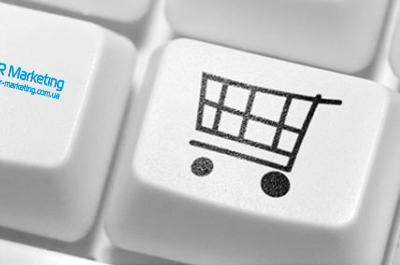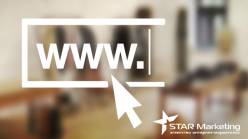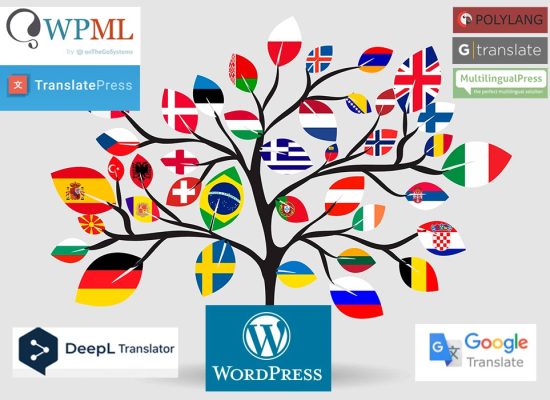Over the past years, a new type of site has entered the trend - Landing page. Many businessmen apply for the development of this type of site. However, in practice it turns out that the logic behind the decision to develop a site of this type is very superficial, and customers clearly lack objective knowledge about the features of this category of sites.
The word “Landing Page” has become so fashionable that it has mistakenly extended its meaning in the eyes of non-specialists to any web resource. So let's talk about what really is an LP and what kind of business should develop this type of site.
Let's first define what a Landing Page is:
- From a development standpoint: any page of the site or a specially created separate page;
- Distinguishing feature: there is information about a service or product;
- From a business perspective: encourages the user of a web resource to buy something, subscribe (or perform another targeted action);
- From the user's perspective: a website that was accessed via a link (from an e-mail newsletter, using contextual advertising, advertising on social networks, etc.)
In what situations is it more appropriate to create a Landing Page:
- You want to sell one product (product or service) on the site;
- Services are your product (according to statistics, Landing Pages for services give better conversion than for goods);
- You are limited in terms of site development and do not plan to engage in SEO (in competitive topics, a site in the Landing page style will be promoted to the TOP, ceteris paribus, several times more expensive and almost impossible compared to a full-fledged corporate site);
- You need to force the user to subscribe to the newsletter or register;
- Your required action is to download or install the software.
A Landing Page style site will be more effective if its goal is a verified visitor action, or, as Internet marketers say, a “lead”. “Leads” are: an application for a miscalculation, for a consultation, a subscription to a newsletter, an order, a request for any additional information, or any other reason that prompts a potential client to leave some of their contact information. To increase the likelihood of this necessary action, site designers additionally motivate the visitor with various psychological triggers, such as:
- motivation to action (“send a request”, “call right now”),
- offer additional value (discounts, promotions, bonuses, gifts),
- time limit (reverse timer, or offer validity date),
- social proof (reviews, a large number of subscribers in social networks, etc.),
- opinion of authority (review or opinion of a popular and respected person, recognizable among the target audience of the site owner)
- and others.
Conclusions:
- LP's sole job is to generate leads from website visitors who have a primary interest in your offer or product;
- Due to the properties of this type of page, attracting visitors through SEO is extremely difficult, very expensive and almost impossible. Recommended promotion methods: contextual or banner advertising in search engines, targeted advertising in social networks or other types of Internet advertising of the site with pay per click / impressions / actions.
So, you have decided that you need a Landing Page style website to achieve your business goals, but what type of website design should you choose: unique or template?
template design suitable in such cases:
- You are limited in resources (money or development time);
- You want to “test a business or niche” and then earn a unique website;
- In your niche, competitors do not have modern sites and even template design will be enough to get around them.
Landing Page with a unique design allows you to fully unlock the potential of your offer by designing the right selling structure and unique design. This will help to inspire more trust, make it easier for a potential client to take the necessary action on the site, which will accordingly increase the number of these targeted actions (leads).
In addition, for unique LPs, it is possible to make additional unique effects, such as parallax.
Conclusion
- Landing Page is suitable for selling services or individual products;
- It is necessary to carefully consider all the targeted actions that potential customers will need to perform, as well as implement marketing triggers that encourage site visitors to take these actions.
- Landing page with a unique design will always respond better to the needs of the target audience than a site with a template design, which means it will give a better conversion. Thus, with a good selling proposition, it will pay off faster than a cheaper template design;
- To increase the effectiveness of LP and increase the return on advertising, it is necessary to regularly conduct experiments on the main elements of the site (A / B-testing of the site), choosing a more effective version of the element based on the results of the experiment (for example, an experiment with a call to action or a button type), which will give better conversion to leads.






